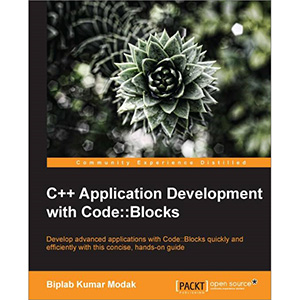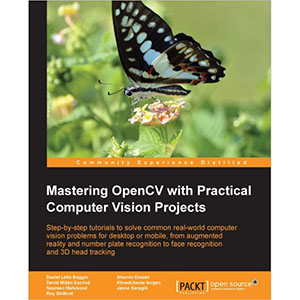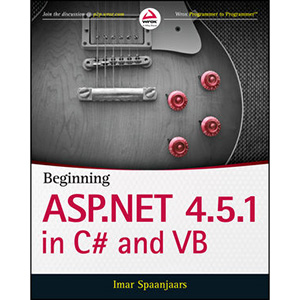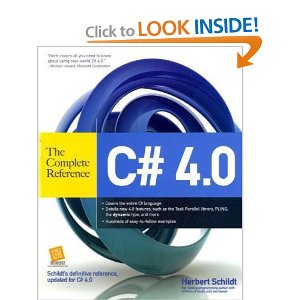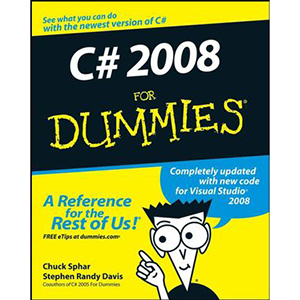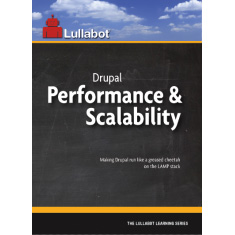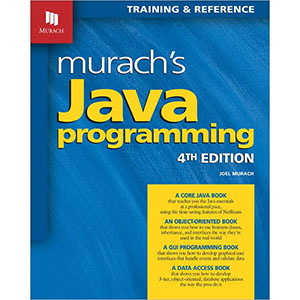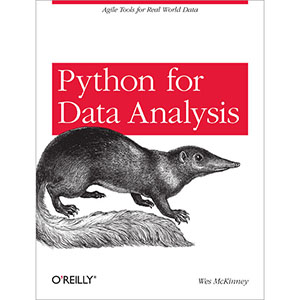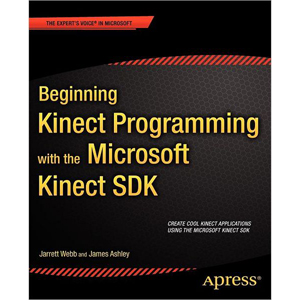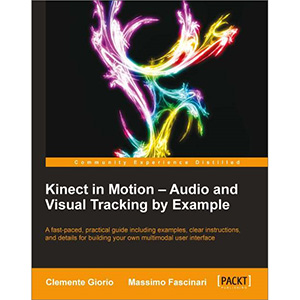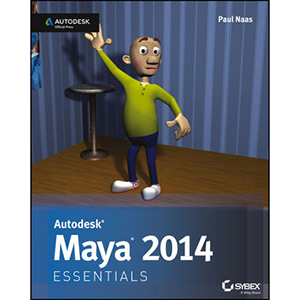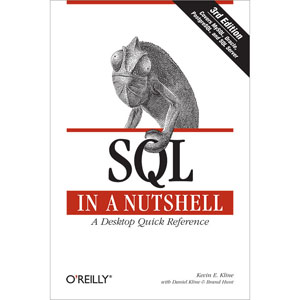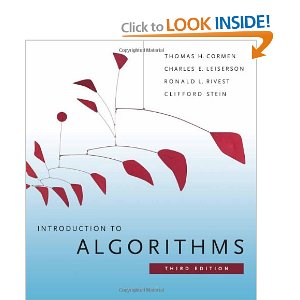Effective C++ in an Embedded Environment
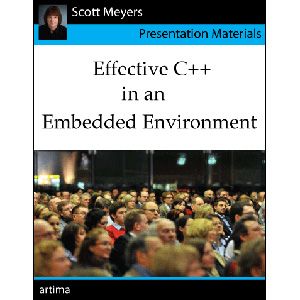
C++’s flexibility, modelling power, support for object-oriented and generic programming, and extensive tool set, make it attractive for embedded projects, but some developers worry about code bloat and hidden performance penalties. This seminar begins by confronting those issues directly, then moves on to demonstrate how C++ can improve the correctness, readability, and efficiency of embedded software, in some cases accomplishing what is literally impossible in C.
Detailed topic outline
- Overview of “Embedded C++.”
- C++ under the hood:
- The efficiency philosophy behind C++
- Detailed examination of virtual function implementation under single and multiple inheritance
- Overview of how all other language features are implemented
- Causes of code bloat and how to address them
- The crucial role of inlining
- Three approaches to interface-based programming:
- Virtual functions and runtime polymorphism
- Separate compilation and link-time polymorphism
- Templates and compile-time polymorphism
- Applying C++ in Embedded Systems:
- Rules for what can and cannot be ROMed
- Memory management:
- Issues: speed, fragmentation, leaks, exhaustion
- Static allocation
- Dynamic allocation:
- Writing custom versions of new and delete
- LIFO allocation
- Pool allocation
- Block allocation
- Other options: regions and variable-sized allocators
- Modeling memory-mapped IO (MMIO):
- Putting objects at specific addresses:
- Placement new
- reinterpret_cast
- Compiler extensions
- Modeling MMIO registers directly vs. indirectly
- Creating shadow registers
- Preventing common usage errors
- Generalizing via templates
- Putting objects at specific addresses:
- Implementing callbacks for C APIs (e.g., ISRs):
- C++ functions C APIs can call
- Linkage and exception issues
- Approaches and their pros/cons:
- Using virtual functions
- Using std::tr1::function objects
- Overview of TR1 and Boost
- Interesting template applications:
- Generating cost-free type-safe wrappers for void*-based code
- Performing compile-time dimensional unit compatibility analysis
- Specifying finite state machines (FSMs)
- Considerations for safety-critical and real-time systems
- Sources for Additional Information
Book Details
- Paperback: 347 pages
- Publisher: Artima Inc (October 2012)
- Language: English
- ISBN-10: n/a
- ISBN-13: n/a
